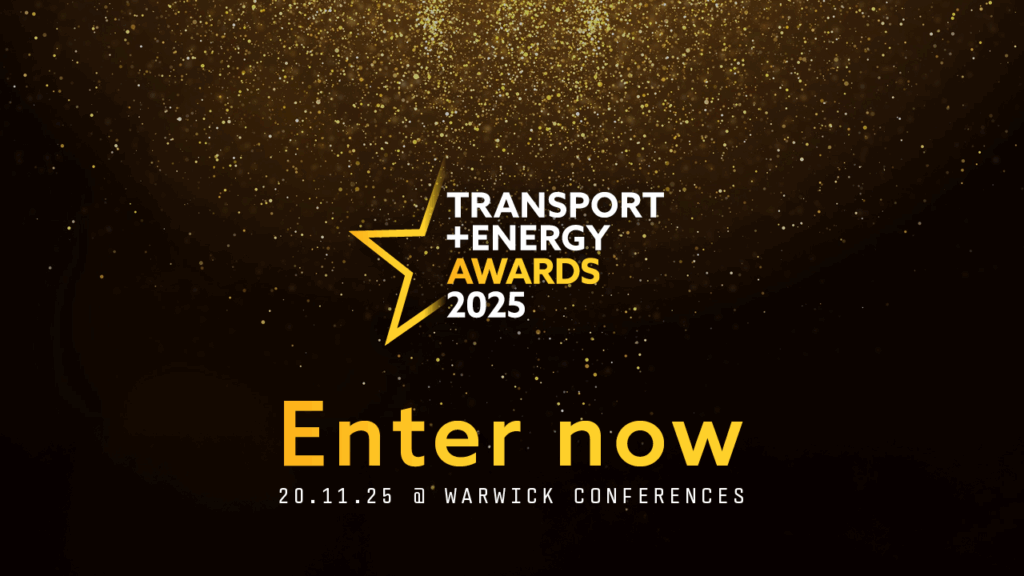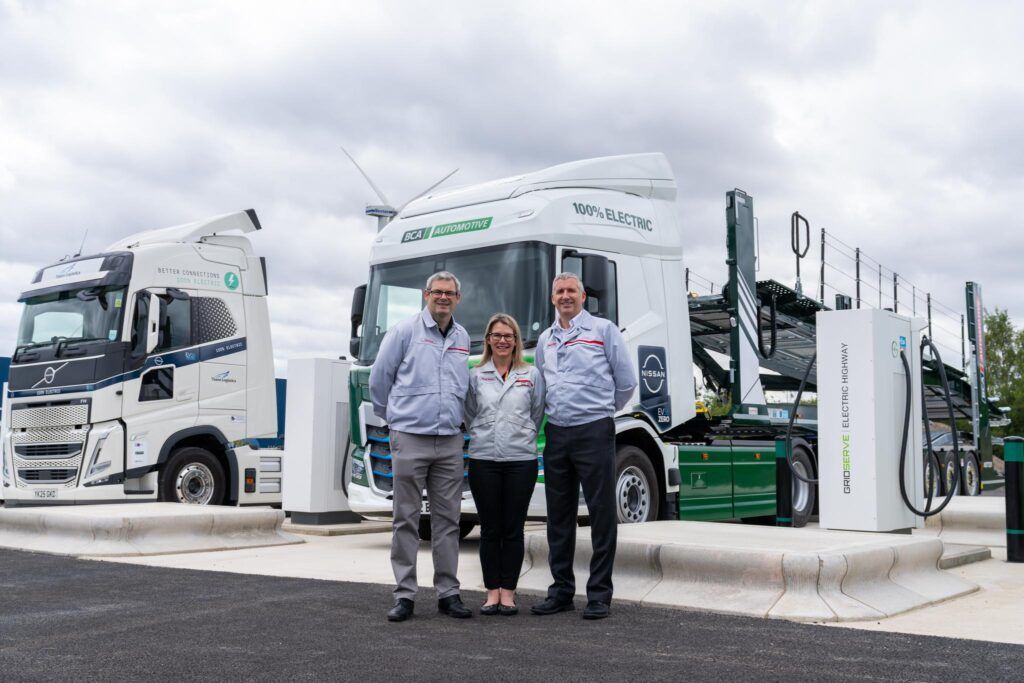Paul Kirby is an electric van expert and head of EV and LCV strategy at Vanarama. In this comment piece, he gives his reaction to recent changes to the Government’s grant scheme for electric cars, vans and trucks – expressing disappointment that vans have been overlooked – but balancing this with the benefits that they can bring to towns and cities.
Last month the government issued a press release announcing significant changes to the Plug in Car, Van and Truck grants. The only place vans and trucks were mentioned was in the title. All the focus was on cars and individual transport. There was no detail or further mention on the aspect of the transport world that generates revenue and keeps our country running, as Covid-19 has only served to highlight! Is it any wonder I feel aggrieved, left out, marginalised and disadvantaged?
The humble van allows businesses, great and small, to take their goods and services to the masses, to get our Amazon fuelled purchases to us, to mend our broken boilers, to help us in medical emergencies, to transport our medicines safely and put food on our tables – both from the revenue they generate and from the food they deliver from our supermarket of choice. Just like Cinderella they are hard working, rather wonderful and often overlooked!
Vans (and trucks) are integral to our society and should be treated with the respect and focus they deserve. It is essential that we have certainty and parity in terms of the support received.
The net effect of the government action is to increase the cost of a small electric van (up to 2.5t) by up to £4,920 and increase the cost of a larger van 2.5-3.5t by £2,000. Since this announcement, which was with immediate effect, several buying decisions have had to change due to cost, particularly of the small van.
So, what can we do? Because to do nothing would be the very definition of insanity! Well, the reality is, that despite the changes, there are still many reasons to choose electric over fossil fuel engines or ICE as they are becoming known. When cleverer people than me have rerun the ongoing analysis of the Total Cost of Ownership (TCO) the net effect is that rather than a saving it is around cost neutral now to move to electric. The higher cost of the vehicle being mitigated by the lower cost of fuelling and running the vehicle. As an example, to run a small diesel van around 20,000 miles per annum it will cost around £2,450+ in fuel and around £720 in maintenance and repair. Savings on fuel will be £1,650 per annum and the maintenance will most likely halve, saving a further £360 giving you annual saving of around £2,010! All this in addition to being a better, simpler, safer and nicer way to drive for ALL concerned!
Key challenges to consider
The energy needed to power this new, efficient and effective, way of getting our goods and services from A to B is where we need to focus. Many can charge vehicles at home on the drive so fitting a home vehicle charging point is a very real option. Many businesses are fitting these at their drivers homes at their own cost because it is more efficient from both a time and cost perspective. Work depots and offices are also electrifying to empower those that cannot charge at home and finally the public charging network is growing day by day making charging on the hoof possible, if more expensive. Whilst improving on every measure it still does present a challenge to consider.
The other challenge is the vehicles themselves. Manufacturers are slow to get fit for purpose electric vans to market. Now with the increased price challenge the volume has to go up! Sound strange? Well the only way to bring the price down is to sell more and invest more in improved technology giving the benefit of scale. There are some good vans and manufacturers trying very hard, such as Stellantis (formerly the PSA Groupe) with their excellent mid-sized van and the promise of large and small vans by the end of the year. Maxus, the heavily focused on electric, Chinese manufacturer is brining very credible electric vans to market. It would be remiss not to mention Mercedes-Benz, Renault and Nissan too who all play a part.
The reality is that we are not transitioning to EV (electric vehicles) for the government, or the “Green Revolution”, we are doing it for the air quality in our towns and cities, for the health of our UK residents – our friends and families, our climate, the world we live in and for ourselves.
As with all these challenges it’s about finding out how we can get started. Whilst I may think the government has shot itself (and us come to that) in the foot it’s our job to make sure the wound is not fatal! Cinderella, the chariot may just have gotten more expensive, but you shall still go to the ball!
For more information or help contact paul@electricvanman.com















